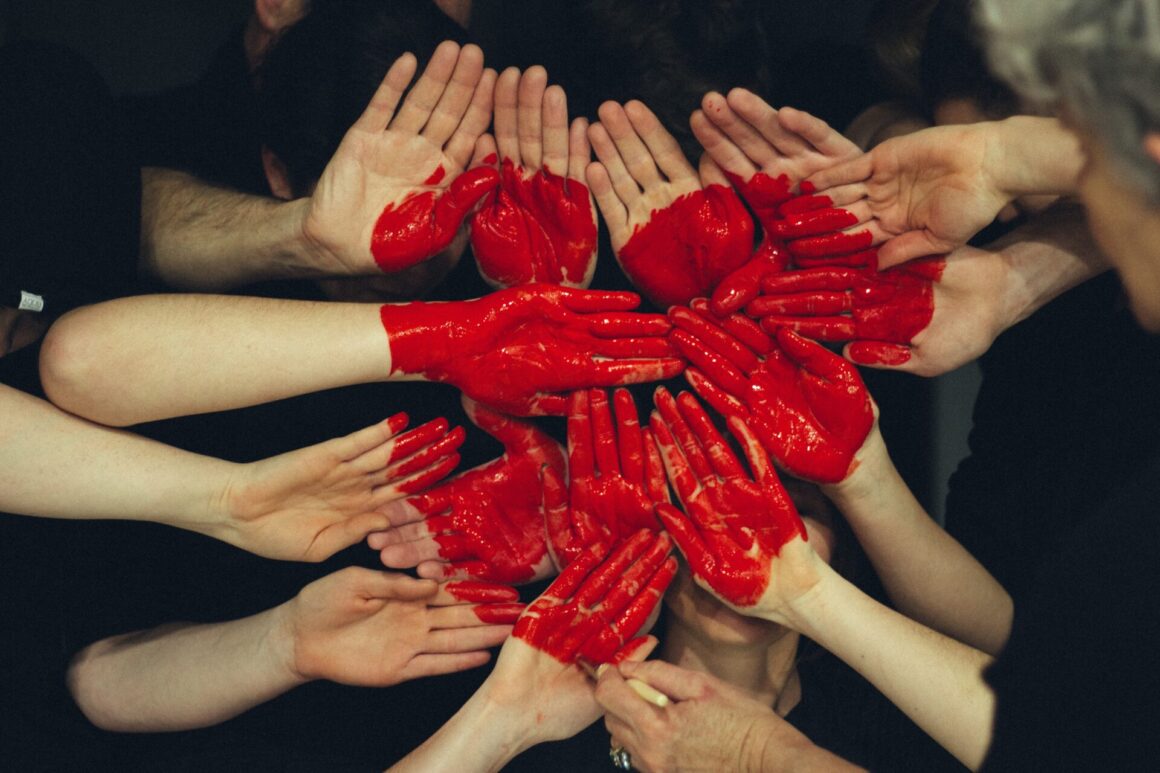In a world that often seems to echo with collective pain and suffering, we yearn for ways to mend the fractures that divide us and heal the wounds that continue to fester. As we grapple with the deeply saddening events occurring globally, where anguish and uncertainty seem to dominate the headlines, the need for healing and unity becomes more evident than ever. The hurt runs deep, and if left unaddressed, it can fester, fueling hatred, and perpetuating the cycle of violence that has dehumanized our planet. As individuals, we might wonder what we can do in the face of such overwhelming turmoil. It’s easy to feel powerless, but remember, even in the face of darkness, there is always a glimmer of light.
Ho’oponopono is a traditional Hawaiian practice that means “to make right” or “to correct.” It is a process of reconciliation and forgiveness deeply embedded in the native Hawaiian culture. Ho’oponopono is used to heal relationships, resolve conflicts, and release emotional burdens by taking personal responsibility for one’s own actions and their consequences.
The practice is often associated with four key phrases or mantras:
- I’m sorry.
- Please forgive me.
- Thank you.
- I love you.
These phrases are not just words; they hold immense power when used with intention and sincerity. Ho’oponopono encourages practitioners to express remorse, seek forgiveness, express gratitude, and send love to themselves and others.
Ho’oponopono is not just a meditation practice; it’s a call to heal, reconcile, and unite. At its core, Ho’oponopono emphasizes personal responsibility, forgiveness, gratitude, and love, which are the very qualities needed to soothe collective pain and mend the divisions that plague our world.
- Personal Responsibility: The first step in Ho’oponopono involves recognizing our role in the pain and suffering. It’s an acknowledgment of the interconnectedness of our world, where our actions can have far-reaching consequences. By saying “I’m sorry” to ourselves, we admit that we can be part of the solution.
- Forgiveness: When we watch news stories filled with anger, resentment, and conflict, it’s easy to let those emotions fester within us. But through Ho’oponopono, we can actively seek forgiveness for the role we play, and offer it to others as well. By saying “Please forgive me” and genuinely meaning it, we release the grip of anger and hatred.
- Gratitude and Love: In the midst of despair, expressing gratitude and love can feel like a beacon of hope. “Thank you” and “I love you” are not mere words; they are acts of defiance against the darkness. These phrases allow us to shift our focus from anger and hatred to compassion and understanding.
In the face of collective pain, we have a choice. We can choose to be courageous and embrace love as a guiding force. Love is not a passive emotion; it’s a powerful agent of change. Through Ho’oponopono, we can cultivate the love and forgiveness needed to mend our world’s wounds. The world yearns for healing, unity, and love. I hope you find this a helpful tool that can guide us through these tumultuous times, allowing us to address our shared hurt, foster forgiveness, express gratitude, and choose love over anger; love over fear. Let us not underestimate the power of this practice to heal not only ourselves but our wounded world as well. Together, we can be the courageous bearers of love and light, working to mend the divisions and create a more compassionate, unified, and hopeful world.





